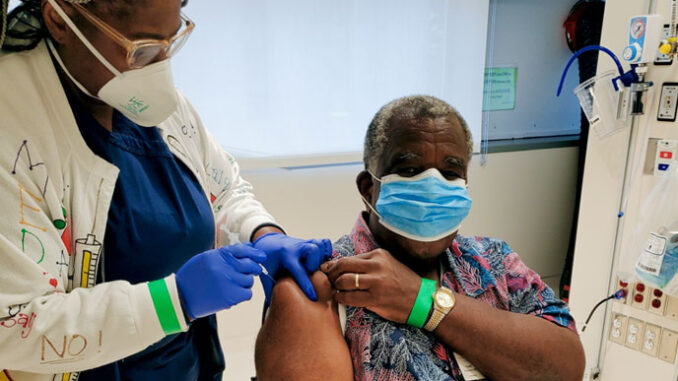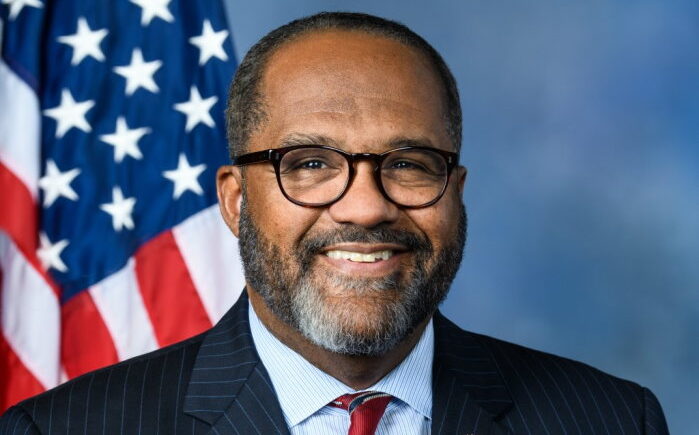
Kai Davis Data News Weekly Contributor
President Joe Biden’s administration purchased 200 million COVID-19 vaccines at the end of January and plans to increase distributions by the millions to states in February. Medical experts are working to ensure that vaccine misinformation is addressed in time for wider distribution with the goal of reaching herd immunity by summer 2021, a goal set by the White House.
“Nine leading drug companies, including Pfizer and Moderna, released a joint statement saying they would put safety before speed,” said Dr. Keith C. Ferdinand, a Cardiologist and Professor of Medicine at Tulane University’s School of Medicine.
“Publicly available data, the safety and efficacy, the phase three studies, those are the big studies, with over 70,000 patients, the vaccines do appear to be safe and effective,” Ferdinand said as part of a January 28th Community Town Hall of local scientists and medical experts organized by the Louisiana Community Engagement
Alliance Against COVID-19 Disparities (LA-CEAL), a statewide collaborative effort working to reduce vaccine hesitancy and ensure diverse communities get access to vaccines.
With approximately 382.2 million people in the United States, as of Jan. 28, 47 million vaccines have been distributed. In Louisiana, about 7 percent of residents statewide have received or at least started the vaccination process according to the Louisiana Department of Health.
“These vaccines were not rushed, and I understand why people may not want to be first in line to get the vaccine but what I can tell you is, you are not the first in line. Millions and millions of people have received these vaccines, they are extremely safe as vaccines go,” said Lisa Morici, Ph.D., a Microbiologist at Tulane’s School of Medicine, who spoke at the LA-CEAL Community Town Hall.
The experts cleared up the most common vaccine myths. They noted that even if residents have contracted COVID-19, they should still get vaccinated to boost their immunity. They noted that the vaccine’s research had been years in the making by the scientific community. They also noted that the vaccine cannot give you the virus.
“The vaccines do not cause COVID-19, these are not live viruses, they cannot cause the disease,” Morici said.
Many of the misleading rumors about the vaccines have been the source of misinformation on social media, the experts said. Morici addressed the common myth, debunked this week by the World Health Organization, that the COVID-19 vaccine will cause infertility or miscarriages.
“There is no scientific evidence for this whatsoever, in fact there were multiple women in the Pfizer vaccine [study] who became pregnant. This is a myth that is being spread on social media,” Morici said.
Some residents were concerned about side effects and pre-existing conditions. The experts pointed out that participants with pre-existing conditions also participated in vaccine clinical trials, and they explained that mild side effects demonstrate that the vaccine is working, and the body is responding to build immunity.
“I received my vaccine, my arm was a little sore, but that’s about it,” Ferdinand shared. “I felt fine. Some patients will get a fatigue sensation, low-grade fever, others may even have flu-like symptoms, but this is not really a side effect or complication,” he said.
They reminded the public that cost should not hinder their decision to get vaccinated either.
“No one actually has to pay for the vaccine,” said Christopher Sylvain, a Clinical Pharmacist and Pastor, who spoke at the townhall. “The vaccine is free, is safe, and it will be available.”
Recommended For You.



Be the first to comment